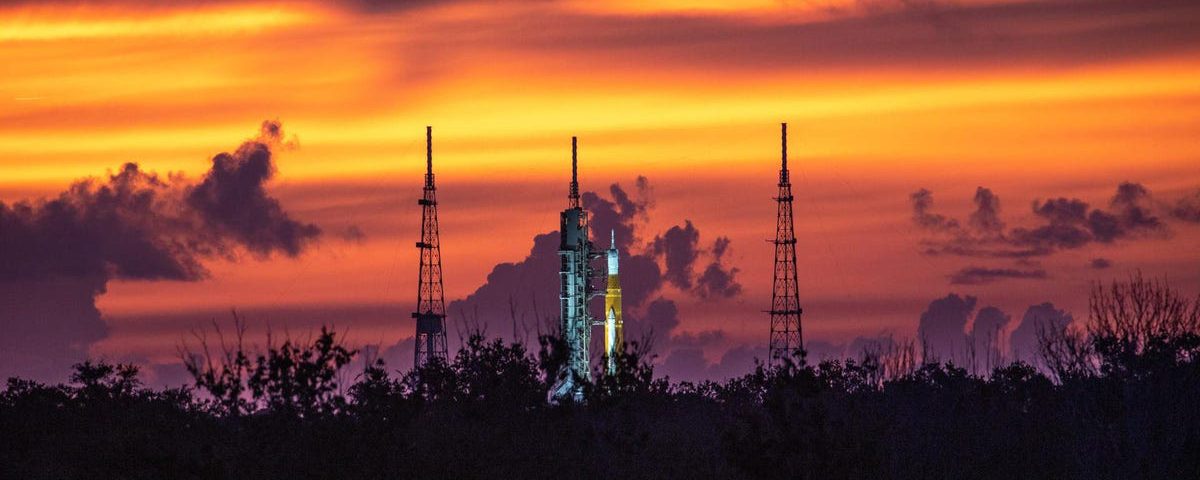NASA is delaying sending astronauts back to the moon — but it still thinks it can beat China

The Boeing astronauts’ return to Earth is delayed again, this time because of a SpaceX spaceship
December 30, 2024Agen Sbobet88 Judi Bola: Tempat Di Mana Keamanan dan Kenyamanan Beradu untuk Pemain Sejati
December 31, 2024NASA is delaying sending astronauts back to the moon — but it still thinks it can beat China
The Artemis 2 mission, which plans to fly astronauts to the moon and back, has been pushed back from September 2025 to April 2026.
Full Article
NASA on Thursday delayed sending astronauts back to the moon in a setback for its Artemis program, which is already several years late and billions over budget. The Artemis 2 mission, which plans to fly astronauts to the moon and back, has been pushed back from September 2025 to April 2026. A subsequent Artemis 3 crewed moon landing that was meant to take place in late 2026 is now scheduled for mid-2027. NASA Administrator Bill Nelson said the delays would still let the US send astronauts to the moon “well ahead of the Chinese government’s announced intention” of 2030. “It is vital for us to land on the south pole so that we do not cede portions of that lunar south pole to the Chinese,” Nelson said. Officials said spacecraft improvements are still needed, and an investigation into heat shield damage from an early test flight took longer than expected. With its Artemis missions, the US space agency aims to lay the foundations for the first human settlements beyond Earth and pave the way for extraplanetary colonization. The last time there was a human on the moon was in 1972, as part of NASA’s Apollo-17 mission. However, the Artemis program has been best by technical problems and delays. In an audit released earlier this year by NASA’s Office of the Inspector General, it was estimated that the cost for the mission’s mobile launcher 2 had ballooned from $383 million to $2.7 billion. With Trump’s nomination of billionaire Jared Isaacman as NASA’s next administrator, concerns are growing about the future of Artemis and NASA’s lunar strategy. As BI previously reported, the lunar market — worth over $100 billion— could be game-changing for humanity. “Definitely, the moon is going to be a big business,” Prachi Kawade, a senior analyst at NSR, a research-and-consulting company focused on the space market said last year. On the way to the moon, companies are likely to discover technologies that can have lucrative applications here on Earth, she added. Not everyone is convinced of its value, however. In an October opinion piece, billionaire Michael Bloomberg described it as a “colossal waste of taxpayer money” and that private companies, such as SpaceX, should take the lead instead. Jump to

